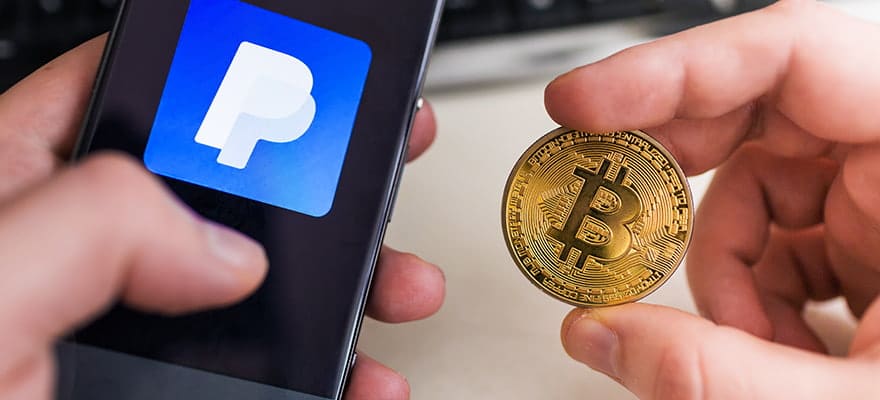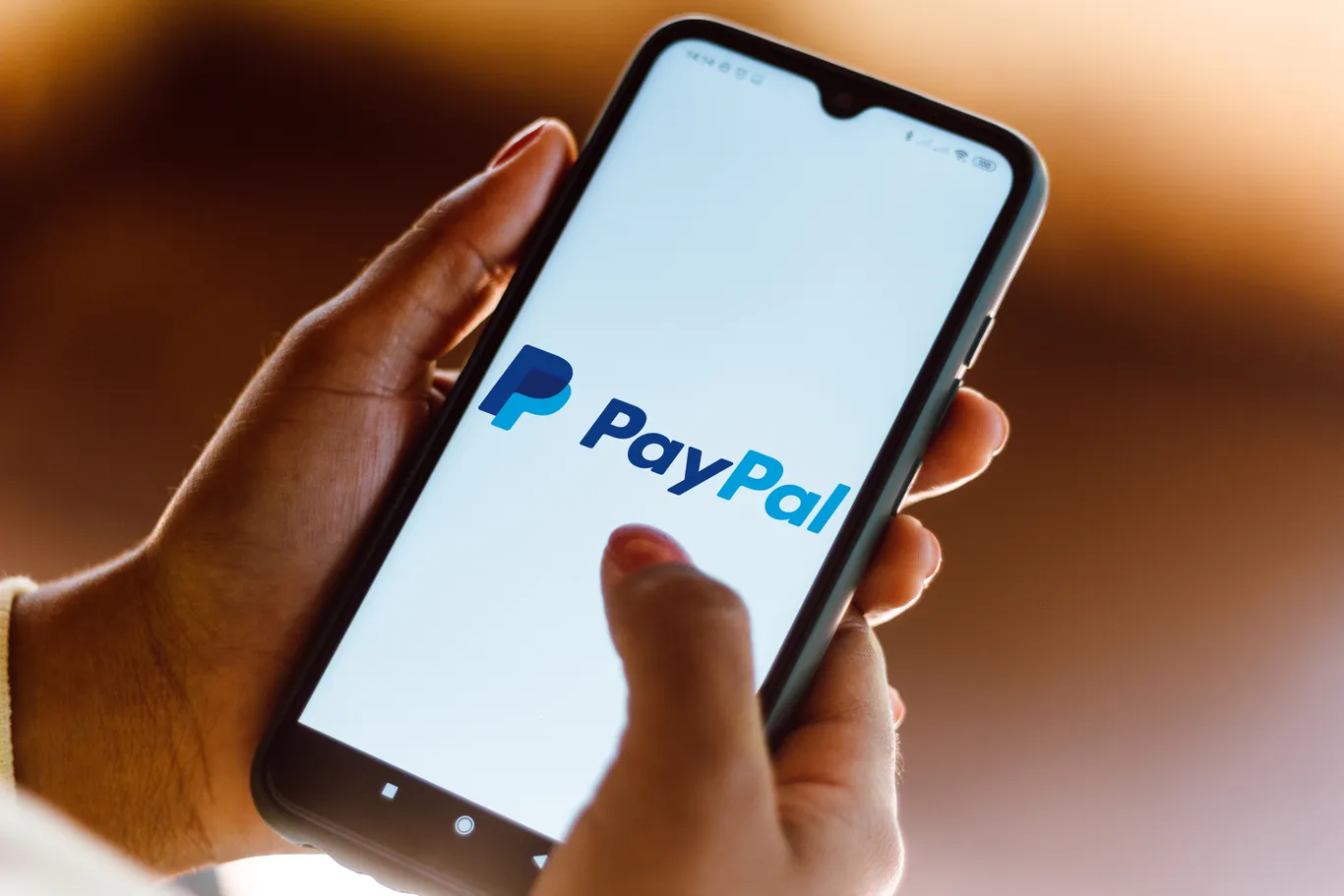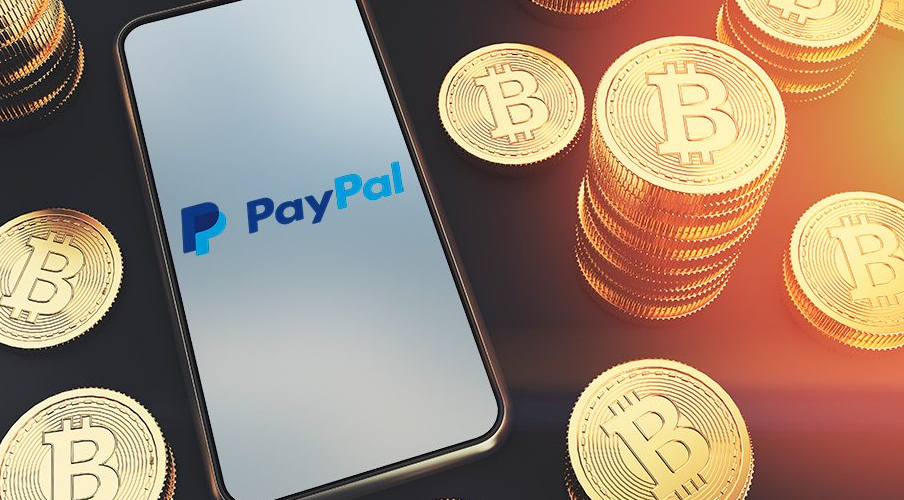
In recent years, the world of cryptocurrency has gained significant traction, moving from the fringes of finance to a more mainstream position. One of the most notable developments in this space was the entry of PayPal into the crypto market. As one of the world’s leading online payment platforms, PayPal’s decision to support cryptocurrency transactions was a major milestone, generating both excitement and skepticism within the crypto community and beyond. This article provides a comprehensive review of PayPal’s cryptocurrency services, examining the features, benefits, and potential drawbacks.
Introduction to PayPal’s Cryptocurrency Services
In October 2020, PayPal announced that it would allow users to buy, hold, and sell cryptocurrencies directly through its platform. Initially, the service was available to U.S. customers, with plans to expand globally. The move marked a significant step toward the broader adoption of digital currencies, as PayPal has over 400 million active users worldwide.
The cryptocurrencies initially supported by PayPal included Bitcoin (BTC), Ethereum (ETH), Litecoin (LTC), and Bitcoin Cash (BCH). This selection provided users with access to some of the most established and widely recognized cryptocurrencies in the market.
Key Features of PayPal’s Crypto Services

- Ease of Use: PayPal is known for its user-friendly interface, and this extends to its cryptocurrency services. Users can easily buy, sell, or hold cryptocurrencies through the PayPal app or website without needing to understand the complexities of digital wallets or exchanges. This simplicity makes cryptocurrency accessible to a broader audience, particularly those who may be new to the space.
- Integrated with Existing PayPal Accounts: One of the significant advantages of using PayPal for cryptocurrency transactions is the seamless integration with existing PayPal accounts. Users do not need to create a new account or download additional software to start trading crypto. This convenience is a major selling point, especially for users who are already familiar with PayPal’s platform.
- Security and Compliance: PayPal’s entry into the crypto market brought with it a level of trust and security that many users appreciate. The platform complies with regulatory standards and offers features like two-factor authentication (2FA) and transaction monitoring to protect users’ assets. Additionally, PayPal has a strong reputation for customer support, which is reassuring for those wary of the risks associated with cryptocurrency.
- Educational Resources: Recognizing that many of its users may be new to cryptocurrency, PayPal provides educational resources to help users understand the basics of digital currencies, how they work, and the potential risks involved. These resources are valuable for users looking to make informed decisions about their investments.
- Limited Transferability: One of the limitations of PayPal’s crypto services is that users cannot transfer their crypto assets to external wallets or other exchanges. This means that the crypto you buy on PayPal stays within the PayPal ecosystem, limiting the flexibility that many crypto enthusiasts expect. However, PayPal has indicated that it plans to expand these capabilities in the future.
Benefits of Using PayPal for Cryptocurrency
- Widespread Accessibility: PayPal’s massive user base means that millions of people now have easy access to cryptocurrency. This is a significant step toward mainstream adoption, as it lowers the barrier to entry for those who may have been intimidated by the complexity of other crypto platforms.
- Instant Purchases: PayPal allows users to buy cryptocurrencies instantly using their existing PayPal balance, linked bank account, or credit/debit card. This speed and convenience are appealing, especially in a market where timing can be crucial.
- Transaction Transparency: PayPal provides clear and transparent pricing for crypto transactions, with all fees and exchange rates disclosed upfront. This transparency helps users understand the costs associated with their trades and avoid hidden fees.
- Consumer Protection: While cryptocurrency transactions are generally irreversible, PayPal’s involvement offers a layer of consumer protection. In cases of fraud or unauthorized transactions, PayPal’s customer support may be able to assist, offering peace of mind to users who are concerned about the risks of digital currencies.
Drawbacks and Criticisms
- Lack of Transferability: The inability to transfer crypto assets to an external wallet is one of the most significant criticisms of PayPal’s crypto services. For many crypto enthusiasts, the ability to move assets freely between platforms is a fundamental aspect of owning digital currencies. PayPal’s restriction in this area may be a dealbreaker for users who value the flexibility and control that traditional crypto wallets offer.
- Fees: PayPal charges fees for buying and selling cryptocurrencies, which can be higher than those on some dedicated crypto exchanges. While PayPal’s fees are competitive within the traditional finance sector, they may be considered steep by seasoned crypto traders who are accustomed to lower fees on other platforms.
- Limited Cryptocurrency Options: While PayPal supports some of the most popular cryptocurrencies, its selection is limited compared to dedicated crypto exchanges that offer hundreds of different coins and tokens. This may be a drawback for users looking to invest in a wider range of digital assets.
- Not Suitable for Advanced Traders: PayPal’s platform is designed for ease of use and simplicity, which is ideal for beginners. However, advanced traders may find the platform lacking in terms of tools and features. PayPal does not offer advanced trading options like margin trading, limit orders, or real-time market data, which are available on more specialized crypto platforms.
User Reviews and Feedback

User feedback on PayPal’s crypto services has been mixed, with both praise and criticism. Many users appreciate the convenience and security of using PayPal to buy and sell cryptocurrencies, especially those new to the space. The platform’s ease of use and integration with existing PayPal accounts are frequently highlighted as significant benefits.
However, more experienced crypto users often criticize the platform for its lack of flexibility, particularly the inability to transfer crypto assets to external wallets. The fees associated with transactions are another common point of contention, especially when compared to other crypto exchanges.
Overall, user reviews suggest that PayPal’s crypto services are well-suited for beginners or casual investors who prioritize convenience and security over advanced trading features and flexibility.
PayPal’s entry into the cryptocurrency market represents a significant step toward the mainstream adoption of digital currencies. The platform’s ease of use, security, and widespread accessibility make it an attractive option for those new to cryptocurrency or those who value convenience. However, the lack of transferability and higher fees may be limiting factors for more experienced crypto enthusiasts.
As PayPal continues to expand its crypto offerings and address user feedback, it’s likely that the platform will become an even more integral part of the cryptocurrency ecosystem. For now, PayPal’s crypto services provide a solid option for those looking to dip their toes into the world of digital currencies, but may not yet be the ideal choice for those seeking more advanced features and greater flexibility.